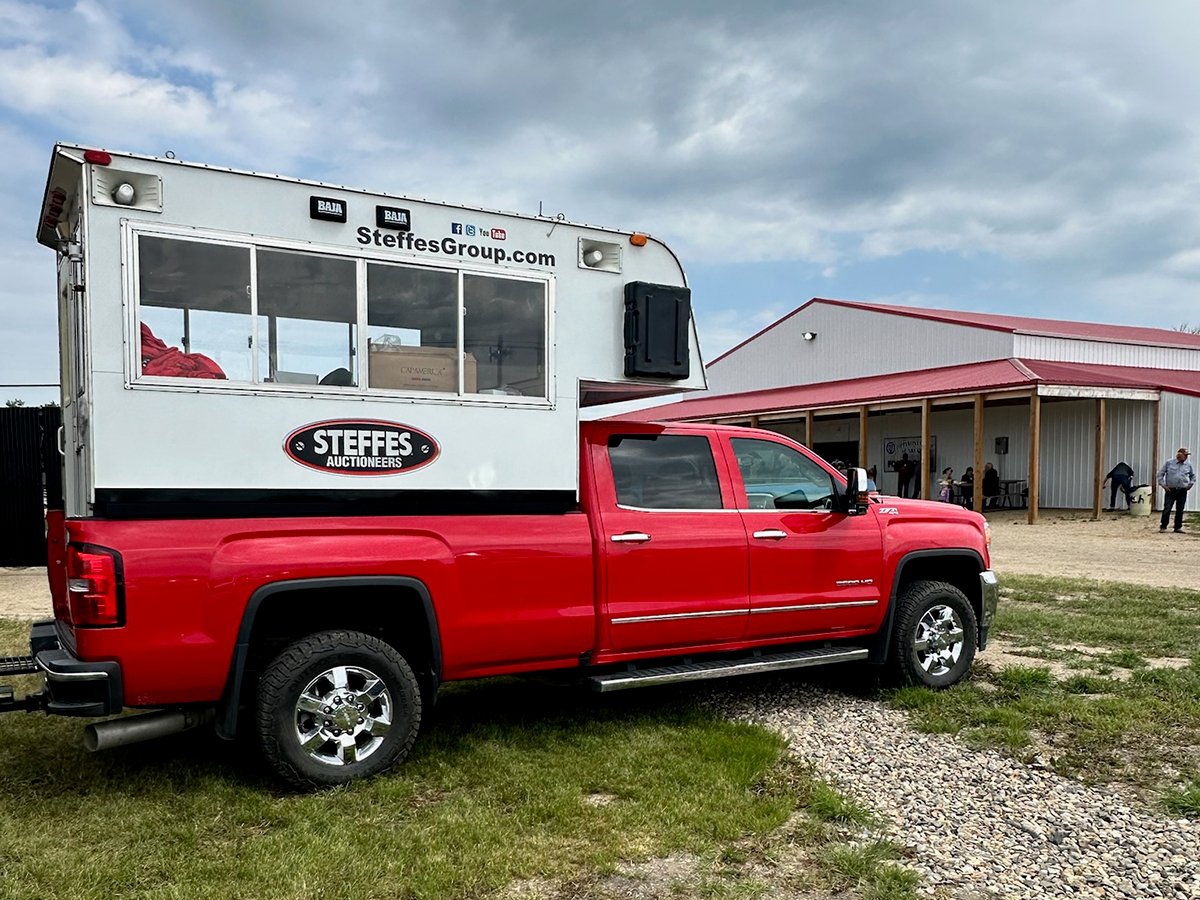Bev McKay says putting her mother in a nursing home was the worst experience of her life.
It was more than the normal guilt and grieving over a parent’s loss of independence. It was the lack of quality care in the rural institution, said McKay, whose mother died in 1998 after four years in the facility. The Cochrane, Alta., woman has turned that experience into a crusade to improve provincial laws governing nursing homes.
Two years ago she and others organized a group called FAIRE – Families Allied to Influence Responsible Eldercare, based on a similar organization in Ontario. The group helps people assess the care provided by institutions. It is also lobbying the Alberta government and plans to present a report this fall to the province suggesting amendments to the Protection for Persons in Care Act.
Read Also

Farm auctions evolve with the times
Times have changed. The number of live, on-farm auctions is seeing a drastic decline in recent years. Today’s younger farmers may actually never experience going to one.
McKay said FAIRE has uncovered problems such as malnutrition and dehydration, and physical and emotional abuse.
“People come into care with severe health problems and dementia,” she said.
“Their families can’t look after them, but the staff in facilities can’t either. No wonder there’s so much drugging in nursing homes.”
McKay said Ontario has a stronger law than Alberta, but Ontario families still report problems because standards aren’t enforced.
She said the issue starts with staff, who are often overworked, lack training and suffer burnout.
“We talked to one man who has worked in this field for 12 years and is now earning 70 cents an hour less.”
There are good facilities, too, McKay added.
FAIRE members work as advocates and will go with families to meet a nursing home’s administration.
Families should ask the institution about its policies on use of chemical and physical restraints, who is informed when personal procedures are done, and under what circumstances it would discharge patients.
McKay thinks institutional care is not the answer but said people have to work with what is available.
“Just because you place your loved one in the care of professionals in a nursing home doesn’t mean you give up your role and responsibility to that person.”
She tells people to gather nephews, nieces and extended family members into a support network to go daily to ensure that Grandma is fed, bathed and has her diaper changed regularly.
“That’s the extent of vigilance that’s needed.”
She hopes FAIRE’s report asks “what is it we want and need? If this isn’t working – and it isn’t – what works better?”
FAIRE depends on donations, but can’t be registered as a charity because it is an advocacy group, McKay said.
Contact the group at Box 969, Cochrane, Alta., T4C 1B1, or phone 403-932-5557.














